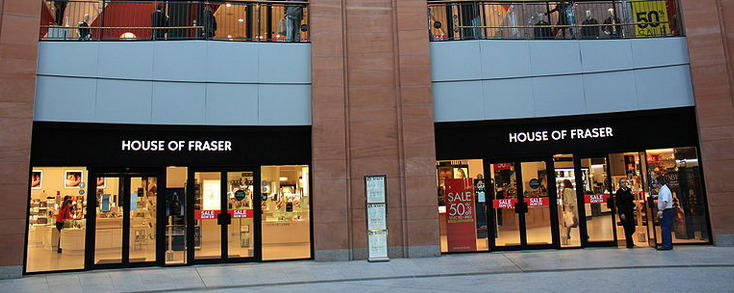
As the likes of Mothercare and House of Fraser seek to join the ever-growing list of high street giants seeking company voluntary arrangements (CVAs) to lower their rental costs, it seems that landlords are fighting back. If the rumours are correct, Legal and General and Westfield are amongst two giants in the world of property looking to scupper the ongoing CVA application by House of Fraser. This could be the start of a battle royal on the high street with accusations that CVAs are being misused and unfair to landlords.
What is a company voluntary arrangement?
A company voluntary arrangement (CVA) is a means by which a struggling company looks to reduce costs, in this instance rental costs. While described as a company voluntary arrangement we have seen enormous pressure placed upon high street landlords in recent months. This has led to some of the giants in the world of UK retail being able to lower their rental charges at the expense of landlord rental income.
One of the main issues is that very often CVAs involve not only landlords but other creditors. Therefore, other creditors are more than happy to vote in favour or reduction in rental charges as opposed to a reduction in monies owed to them. In some cases it does look as though non-property creditors are ganging up on landlords and using a system, which was set up for emergency purposes, in a different manner.
House of Fraser could be in for a surprise
There is growing speculation that House of Fraser could be the straw that broke the camel’s back when it comes to CVAs, with landlords openly discussing their plans for the future. In order to agree to a CVA they may request detailed financial forecasts from House of Fraser, convert part of their lost rental income into an equity stake or perhaps demand a slice of future profits. Whether this is simply sabre rattling by high street landlords remains to be seen but there is significant concern about the way in which CVAs are being used by profitable companies.
Involving Parliament
Revo, which represents retail property companies in the UK, has already written to Parliament expressing concern about the recent use of CVAs. Whether or not politicians will seek to secure the future income of landlords, as part of perfectly legal rental arrangements, is debatable. We live in a world where high streets are under pressure, empty shops are emerging on a daily basis and jobs are at risk. Even though the recent use of CVAs is “questionable” – especially with many of the companies involved remaining profitable – it may take a concerted effort by retail property companies to turn the tide.
Changing watertight legal agreements
There is no doubt that CVAs do play a role when companies are struggling to survive and the reduction in rental income, as one example, might assist with a stay of execution. The use of CVAs by companies which are already profitable and likely to remain so in the foreseeable future perhaps goes against the spirit of the arrangement as opposed to the legal detail. Whatever happens, this will be a very interesting battle between the U.K.’s high street giants and retail property companies.

